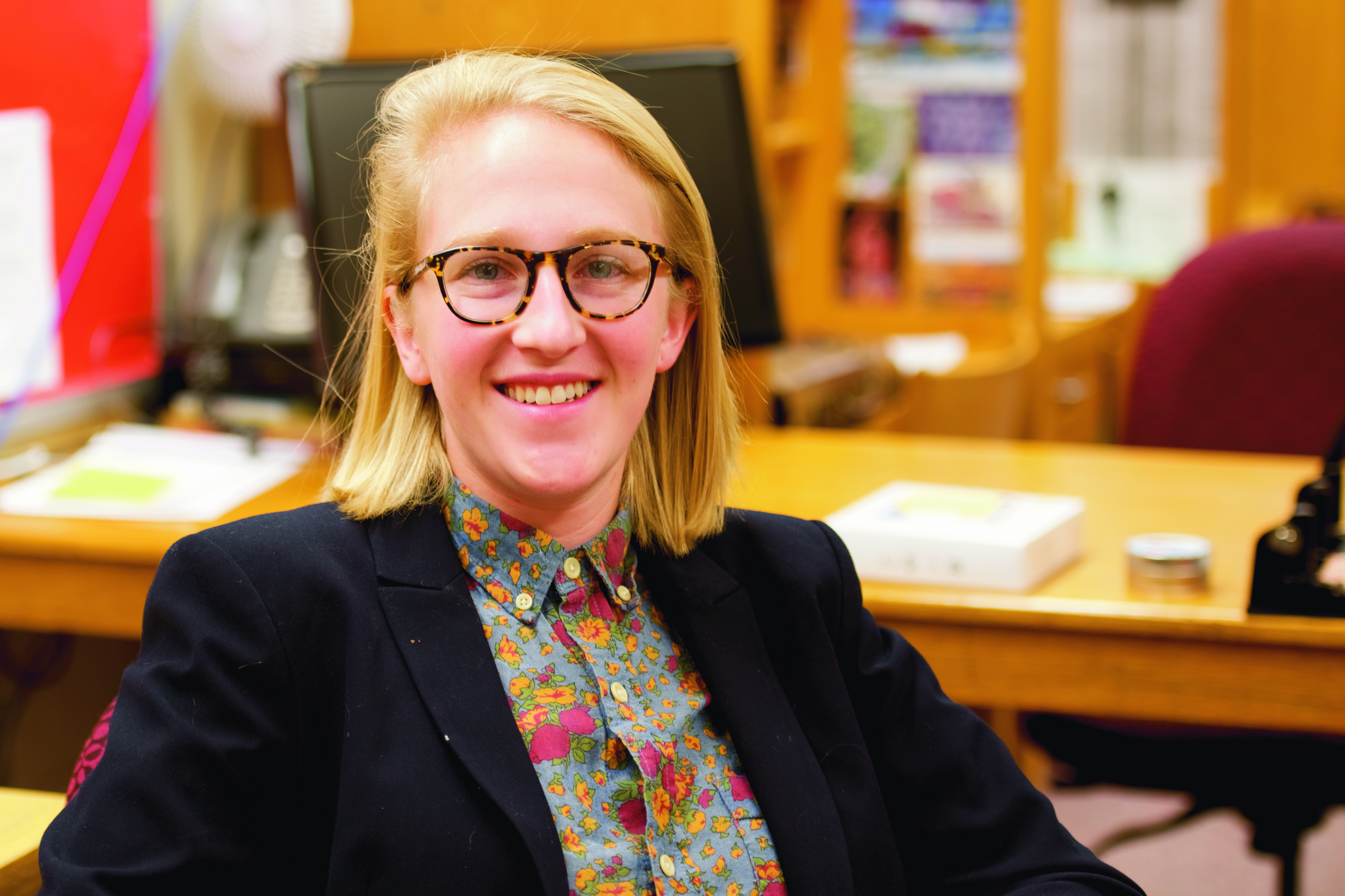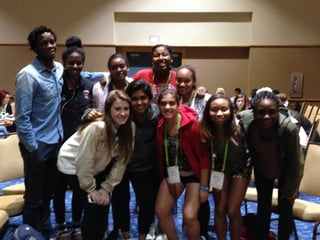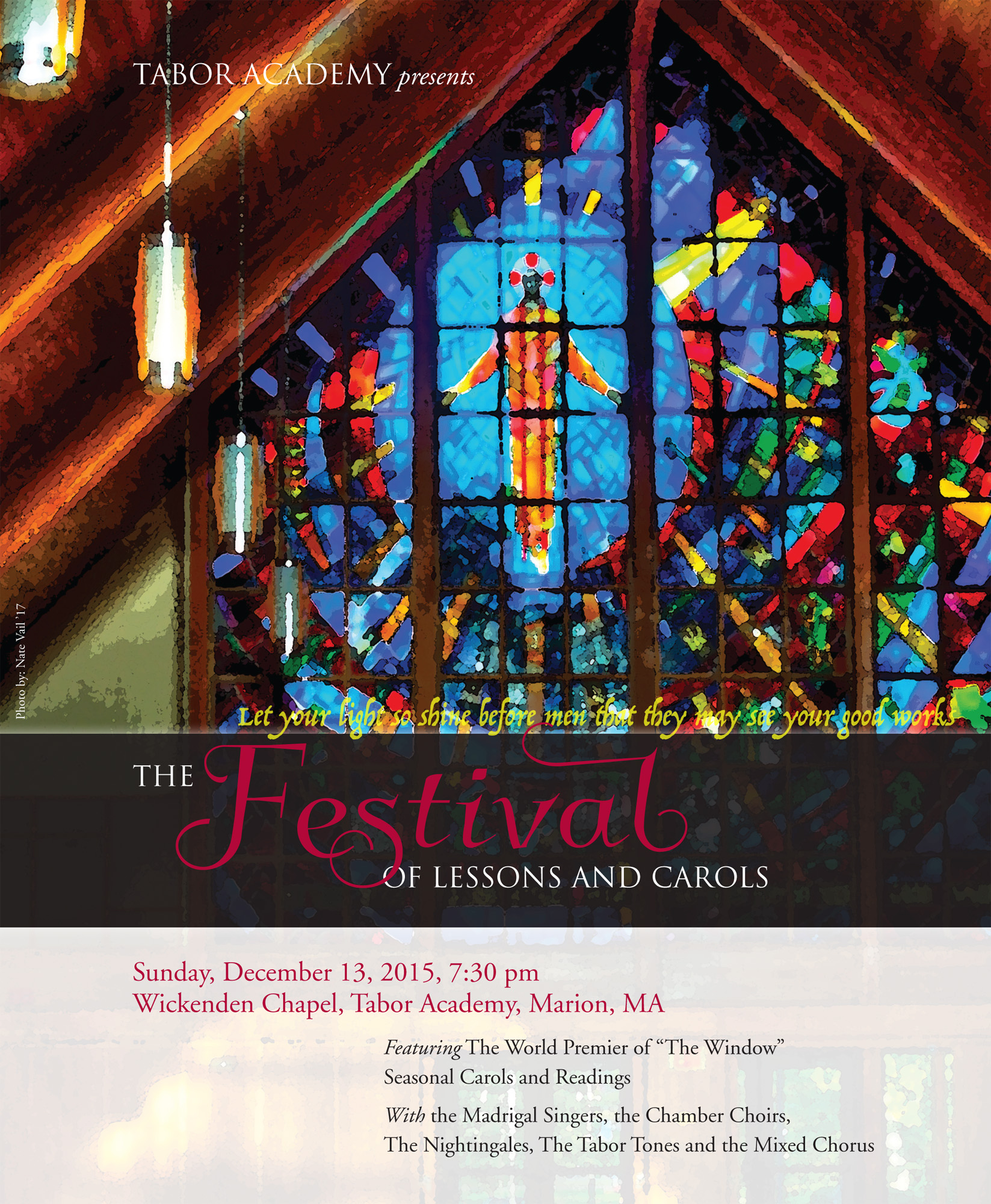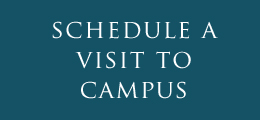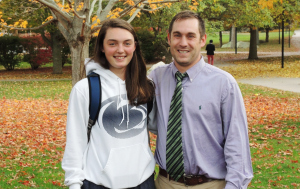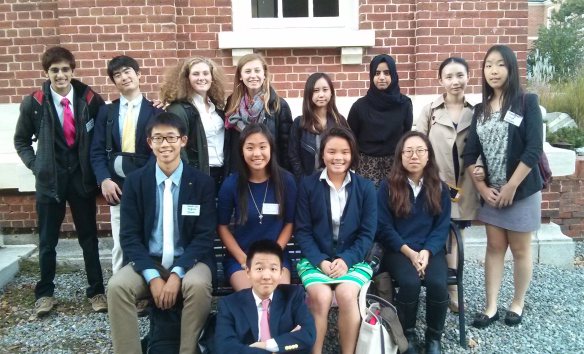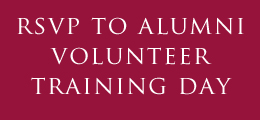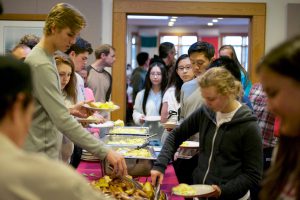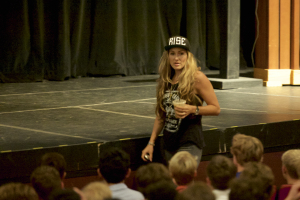After 27 years of teaching at Tabor Academy, I had the good fortune to receive and enjoy a fall semester sabbatical, which I have dubbed my “Seabbatical.” My Seabbatical has provided me the time and space to travel, write, volunteer, collaborate and spend time with my daughter. I’ve been asked countless times, “What have you been doing on your sabbatical?” My typical reply is, “ALL of the things that I wouldn’t have time for when I am working:”
Seabbatical Recap: Traveling, Volunteering and Learning
Topics: Tabor Academy, School by the Sea, Tabor Portraits, Faculty News
|
Don't want to bake this season? Enjoy Chef Andrew's Gingersnap Ice Box Cake Ingredients: To make one 9” Bundt Cake
|
Topics: Student Life
This article originally appeared in Tabor's student newspaper, The Log.
Following Alexis Jones’ talk on campus, one of Tabor Academy's newest faculty members Emily Kaplan joined a group of students living in Baxter in a discussion about the feminism talk. Beginning with their feelings on the speech, the conversation quickly turned into much more. Topics such as gender, sexuality, feminism, race and diversity were brought to the table and, when it was time for everyone to go to study hall, the participants begged Ms. Kaplan to continue these talks.
Topics: Tabor Academy, Student Life, Diversity, Tabor Portraits, Leadership at Tabor
by Anika Walker Johnson, Dean of Multicultural Education and Community Life
“If we could change ourselves, the tendencies in the world would also change. As a man changes his own nature, so does the attitude of the world change towards him...We need not wait to see what others do.” (Mahatma Ghandi)
In 2013, Tabor Academy hired educational consultant, Christine Savini of Diversity Directions to conduct a school-wide diversity and inclusion climate assessment to enhance diversity at Tabor. The purpose of this assessment was to help us as a school community to identify areas of both weakness and strength. We continue to be a work in progress as we grow toward becoming “a community where all members have voice, are given respect and see their identities reflected and affirmed in the curriculum, co-curriculum, physical and virtual environments of the school”. Though growth can be unsettling and not as fast as we would like at times, we are leaning into that discomfort to effect the changes that we know are necessary.
Topics: Tabor Academy, Cultural exchange, Diversity
by David Horne, Director of Choral Music
It somehow seems appropriate that for my first blog post I am writing about the first Festival of Lessons and Carols at Tabor Academy to be live-streamed. While I am a great proponent of live performance, I am often the recipient of fervent emails from recent graduates lamenting their absence from the service because of end-of-term exams. I am delighted to think that some of you will be able to participate in real time, despite the distance and hope you will be moved to sing along!
Excerpted speech to the Tabor Community in Chapel
Tabor Hosts Special Olympics Young Athletes Program
By Stephanie Zou '16
Growing up in an environment where global awareness and freedom of expression was encouraged, if not enforced, I arrived at Tabor with a profound interest in global affairs and politics. I stumbled upon a student-run club of like-minded peers: Model United Nations.
Tabor’s program is still a growing sapling in comparison to more well-established chapters in other high schools; however, it is swiftly developing as more students find themselves seeking a creative outlet for intellectual interests beyond the classroom. At Model UN conferences, students from all over the nation, or in some cases, all over the world, gather together in a range of committees to discuss global issues. Each student is assigned a country, and throughout the conference he or she is responsible to represent his or her country’s best interests. For example, I may be assigned to be a delegate from the Russian Federation in a Security Council with a focus on Unmanned Aerial Vehicles (drones). As part of my research for the conference, I would have to stay updated on Russian drone activity, and be prepared to face opposition from the United States regarding my involvement in Syria. Each conference is an extremely eye-opening experience and I never fail to learn an exponential amount of information, for my fellow delegates are never hesitant to correct or inform me.
On October 25th, as a senior and co-head of the Model United Nations club, I attended my fourth and last MUN conference hosted at Phillips Exeter Academy. This conference was regarded as a "gateway" conference for high schools across New England, a safe space for beginners to learn the ropes of debate, diplomacy, and public speaking. However, at this conference there are also smaller committees created for more experienced debaters, or as I call it, MUN veterans. I often find myself sitting around a round table surrounded by familiar faces, a close-knit community of students whom I have developed my skills with, graduating from General Assemblies our freshmen year to Security Councils by senior year.
I distinctly remember my attendance at the Exeter conference my freshman year, a first experience and exposure to public speaking worthy of cringe. However, I approached Model UN as a challenge, similar to my mentality with soccer and sailing: practice makes perfect. I signed up for every conference available, ranging from a one day conference at Concord Academy to a three day event at Duke University. My newfound confidence in my classes at Tabor Academy is directly credited to my exposure to hours of public speaking during Model UN. The fear of speaking in front of 12 Tabor students pales in comparison to the trepidation that comes with speaking in front of 120 highly competitive and combative students in a large lecture hall. I can say that Model United Nations has provided me with learning opportunities unavailable in classrooms. At MUN, I am able to apply my historical knowledge from my Tabor professors to real-life world issues and expand my horizons of awareness as a global citizens.
None of this would be possible without our passionate faculty advisor, Mr. Gary Sousa: he has sacrificed all of his winter afternoons, countless Sundays, and myriads weekends to the development of Tabor's Model UN program and his students. Any discussion about Tabor MUN would be lacking without a note of appreciation for him!
Topics: Tabor Academy, Academics, Model UN, Student Life




